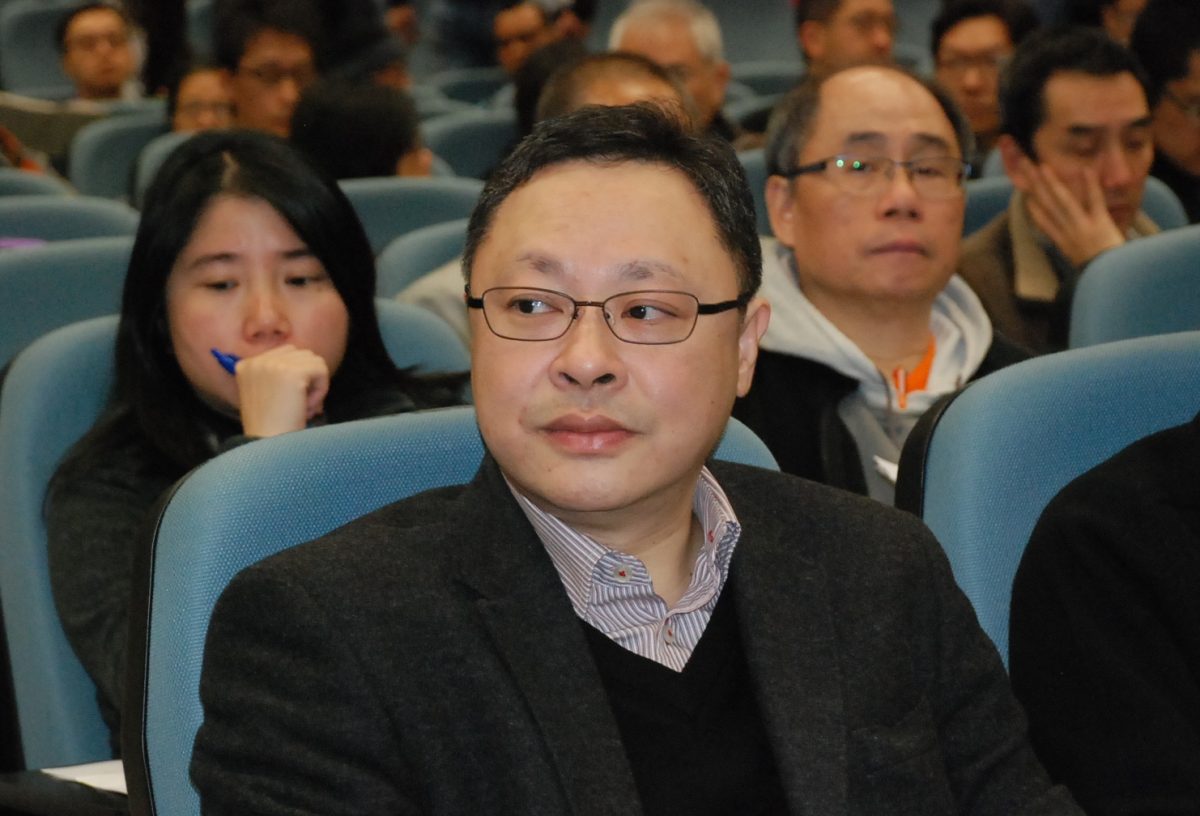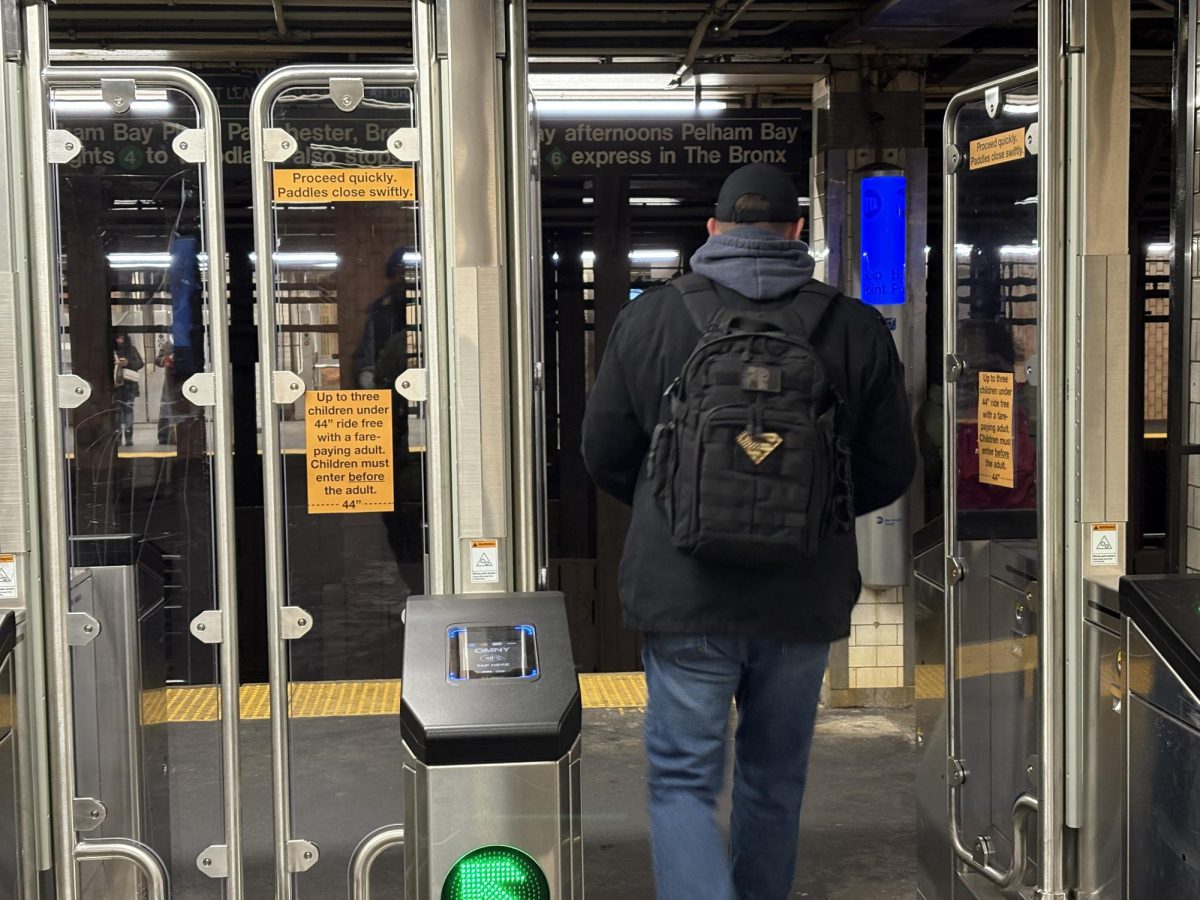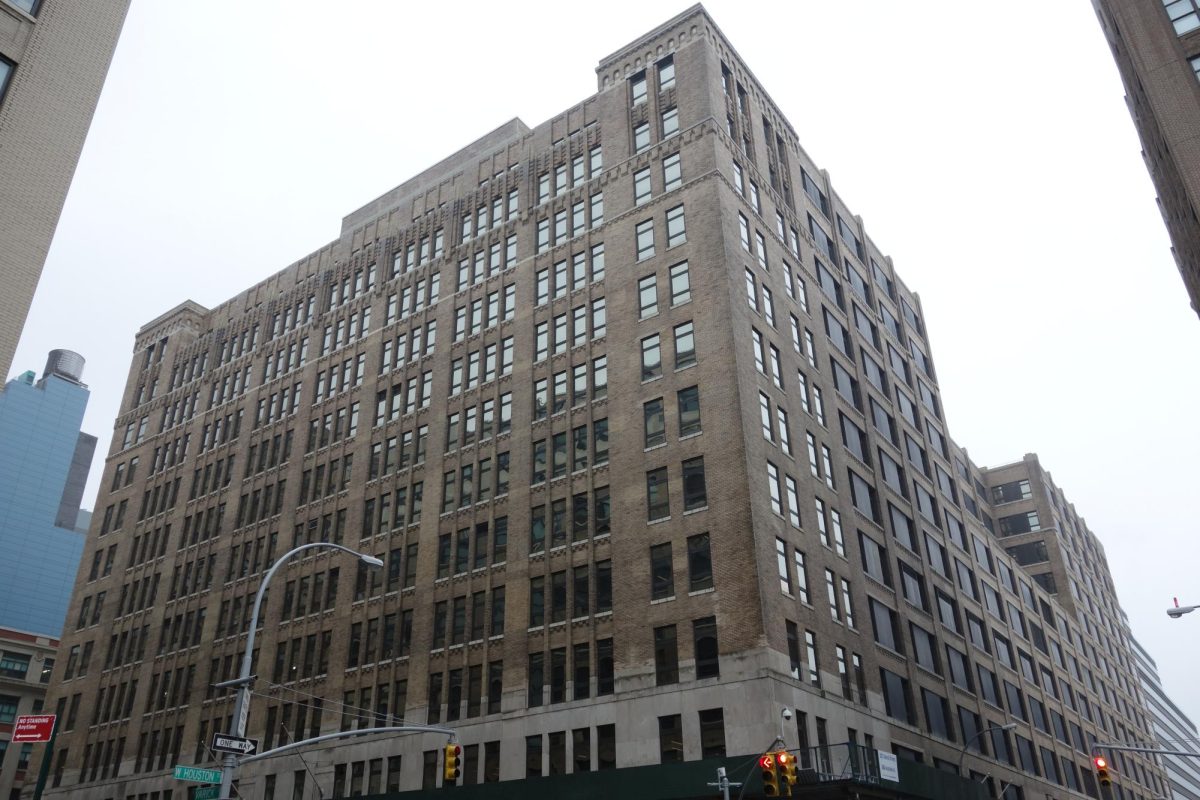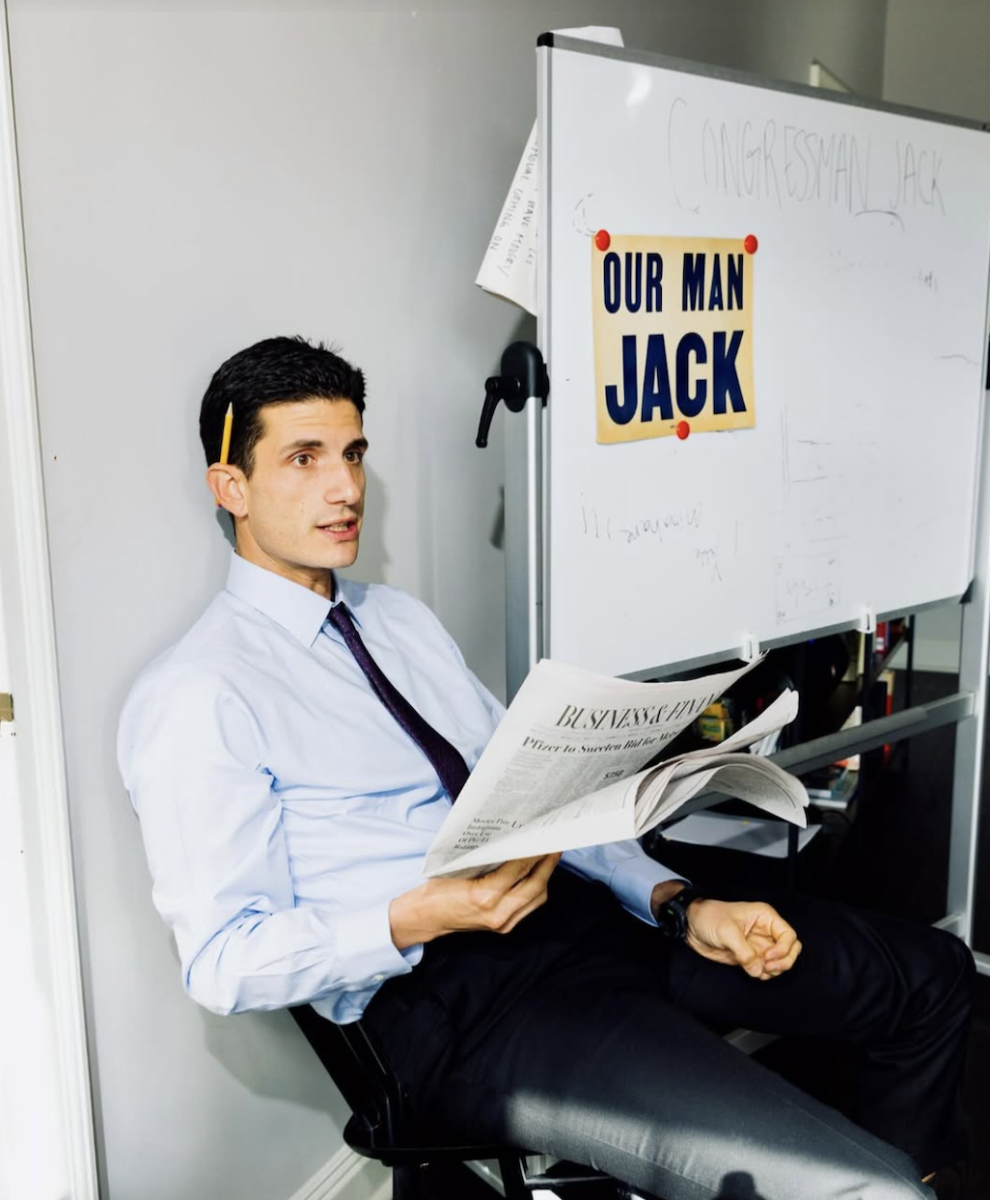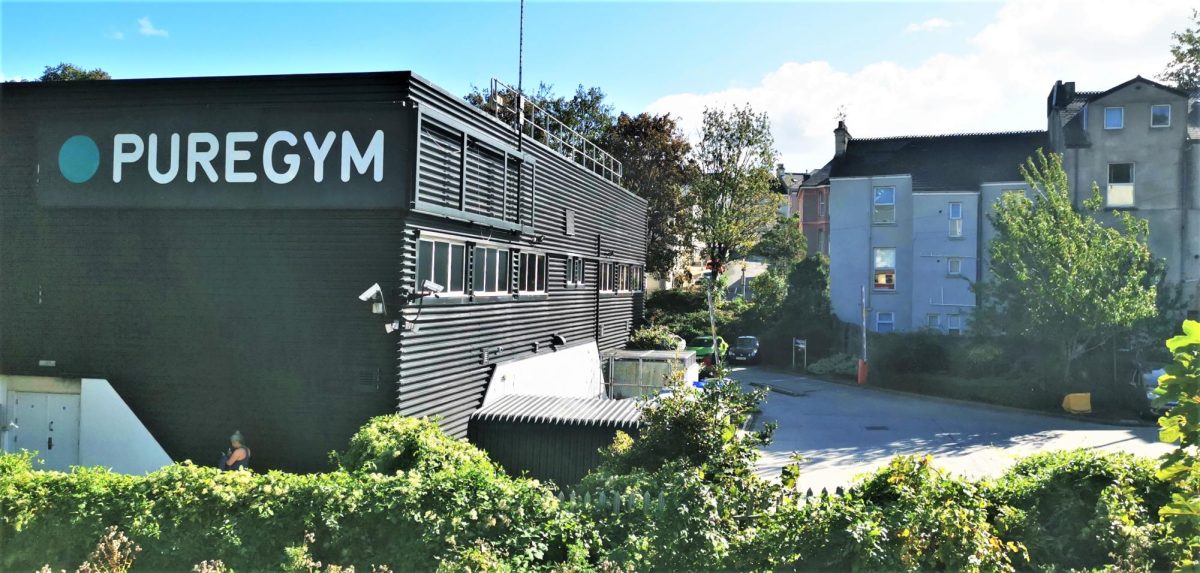A Hong Kong court sentenced 45 pro-democracy activists on Nov. 19, including former lawmakers, academics and student leaders to prison terms ranging from four to 10 years for charges of subversion.
This marked the first major court ruling under the controversial national security law enacted in 2020.
Introduced in response to the widespread 2019 Hong Kong protests, the law was passed with minimal public consultation.
It criminalized acts of treason, secession, sedition or subversion against the Central People’s Government of the People’s Republic of China, though these terms remain undefined, leaving courts with wide discretion in their interpretation.
The 45 convicted individuals were part of the “Hong Kong 47,” a group charged over their roles in an unofficial primary election held in July 2020.
The election, which drew over 600,000 votes, was the largest primary in the city’s history but was deemed illegal under the national security law.
The trial, the largest to date under the law, has drawn sharp international criticism.
Among those sentenced is Benny Tai, a former University of Hong Kong law professor and a leading figure in the 2014 Occupy Central Movement.
Tai received a 10-year prison term, the longest sentence in the case.
Joshua Wong, a prominent activist who began his advocacy at the age of 14 and became a key leader in the 2014 Umbrella Movement, was sentenced to four years and eight months for inciting dissent.
“Maybe the authorities hope to keep me behind bars, cycling through one prison term after another. But they can never silence our activism or deter our fight,” Wong told BBC after the ruling.
Since the enactment of the national security law, 301 individuals have been arrested on charges of “endangering national security,” with many serving extended sentences or awaiting trial according to the Hong Kong Free Press.
Critics argue the law has fundamentally undermined Hong Kong’s judicial independence and serves as a tool for political suppression.
The United States and other Western nations have condemned the trial, calling it politically motivated and urging the unconditional release of the defendants.
In response, the Hong Kong government dismissed the allegations as baseless, asserting that all cases are handled in strict accordance with the law.
They also accused critics of fabricating claims to undermine Hong Kong’s governance and reiterated the judiciary’s independence.
On the day of sentencing, hundreds of people queued for hours, with some waiting overnight to secure a place in the courtroom.
Emily Lau, former chair of the Democratic Party of Hong Kong, described a shift in the city’s character.
“Hong Kong used to be vibrant and full of protests. But now, it’s become quiet—too quiet. This is not the Hong Kong we once knew.” Lau told BBC.


